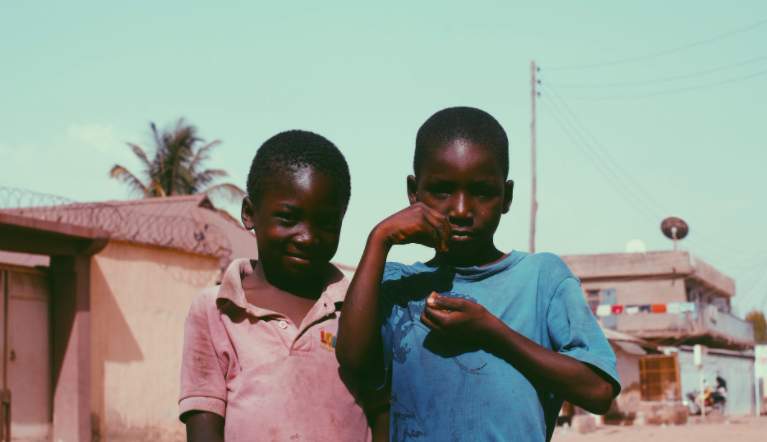In the first week of November 2015, Jim Yong Kim, president of the World Bank, reported that the percentage of people living in extreme poverty is projected to fall to around 9.6 percent by the end of this year. While this is excellent news, and mostly due to Chinese economic growth, the fact remains that not all countries have recorded their poverty data reliably during the past two decades. In October, the United Nations agreed upon 17 sustainable development goals, beginning with the desire to “end poverty, in all its forms, everywhere.”
While many still live below the poverty line, (the equivalent of $1.90 a day) particularly in Sub-Saharan Africa, there are signs of national debt reductions, through foreign direct investment, enabling those nations to benefit from improved infrastructures.
The World Bank goal is that economic growth should be inclusive so that all can benefit, and also that protection needs to be available against reverses caused by natural disasters, economic shocks, as well as encouraging the growth of better health care and education.
As immunization programs succeed in eradicating diseases, together with improvements in water supply and sanitation, mortality rates are reduced. Consequently, women and children spend less time caring for those who don’t survive (because they do) and water carrying, and can participate in education and work projects, and their personal “capital” of increased health and employability increases. Some may use micro-finance projects to improve their existing businesses or start self-employment. Other business or social enterprise ventures may be financed through “crowd-funding.”
There is still a huge disparity between the extremes of wealth and poverty, though. Perhaps a re-examination of the definition of wealth is overdue. The sociologist Bourdieu (1930-2002), argued in 1986 that there are more forms of capital than purely financial. He recognized the existence of both “cultural capital” and “social capital.” Today, Bourdieu would be amazed by the level of social networking that is part of everyday life. IT literacy is now part of one’s personal capital.
Back in 1968, Robert Kennedy spoke out against using GNP (gross national product) as a measure of wealth. He said, “Gross national product counts air pollution and cigarette advertising and ambulances to clear our highways of carnage. … Yet the gross national product does not allow for the health of our children, the quality of their education or the joy of their play. … It measures neither our wit nor our courage, neither our wisdom nor our learning … it measures everything in short, except that which makes life worthwhile.”
James Anderson, a U.K. investment manager, considers that renewable energy, increased longevity and health care are all areas for development as we consider the future. He too thinks that the definition of GDP or GNP should be rewritten to reflect 21st century society. I personally look forward to the day, when our personal wealth is not just measured in currency, but in what we contributed to our community, and how we helped the world’s families to make the most of their lives. That would help to end poverty.
Bhutan, for many years, has been measuring gross national happiness. I love this concept. It is not that GNP is a bad measure. People need to have their basic needs met. But it does seem apparent, as each year passes, that many are suffering from a basic loss of purpose. If more emphasis was placed on thinking through what comes after the sustainable development goals are met, it would not be a bad thing.
John Hoffmire is director of the Impact Bond Fund at Saïd Business School at Oxford University and directs the Center on Business and Poverty at the Wisconsin School of Business at UW-Madison. He runs Progress Through Business, a nonprofit group promoting economic development.
Elizabeth Clark, Hoffmire’s colleague at Progress Through Business, did the research for this article.
Act Now to see the Oxford Poverty and Human Development Initiative





